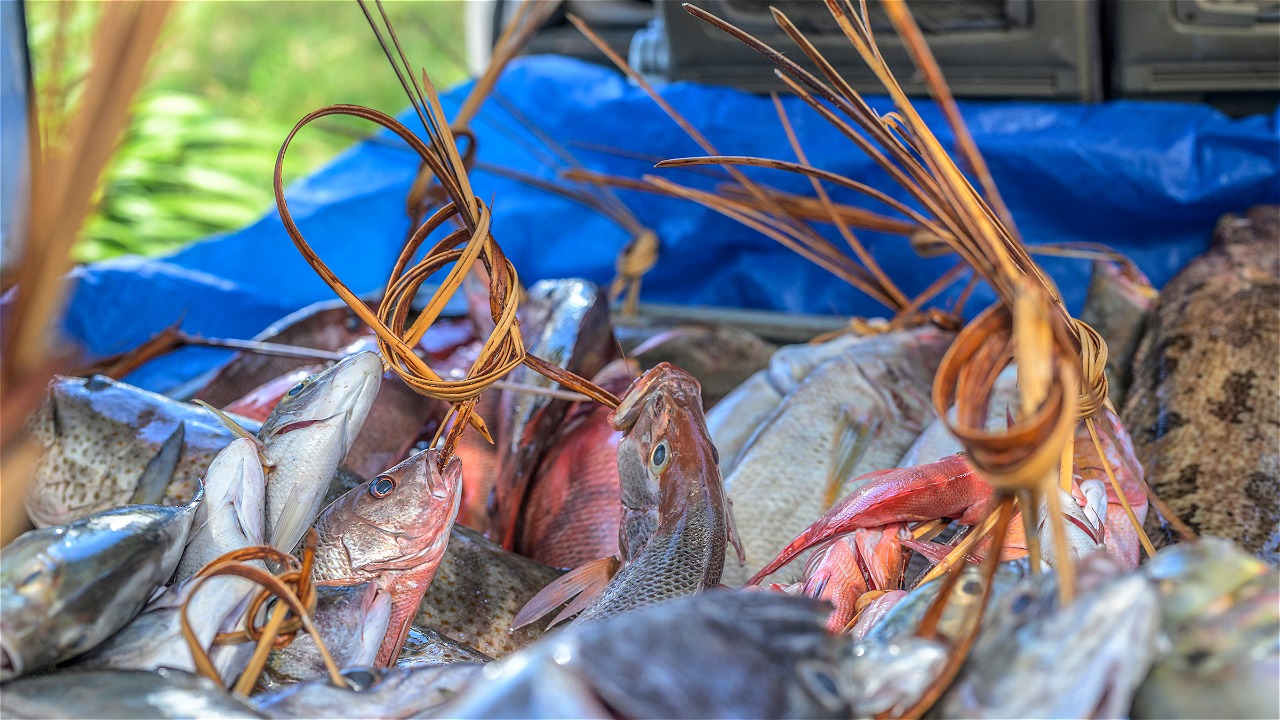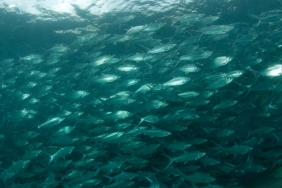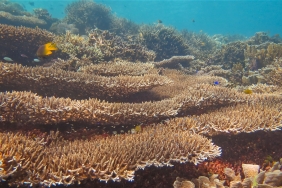#EARTHRESOLUTION 2016 #SEAFOOD
While oceans cover 70% of the earth's surface, they will not always be able to provide food for the growing number of humans. In fact, due to overfishing in a period of 60 years, precisely from 1950 to 2010, large fish stocks have decreased by 90%. With fishing techniques that not only take large quantities of fish, but also damage the ecosystem, in less than 50 years, all fish species are expected to become extinct.
WWF Indonesia never tires of inviting the public to join the "Sustainable Seafood" campaign to restore fish stocks and aquatic ecosystems. As seafood consumers, people need to be critical when buying seafood. Know where the seafood comes from and choose the type responsibly as not all species are still available in abundance in the ocean.
Not the origin of the fish
WWF Indonesia created the Seafood Guide pocket book, which was created as a consumer guide in choosing sustainable seafood. The Seafood Guide is useful because whenever consumers want to order seafood at a restaurant or buy fish at a market or supermarket, they can take a peek at it to find out which fish are safe to eat because they were caught without harming the ecosystem. Sometimes, consumers' favorite seafood is not safe to eat, such as pomfret and shrimp. Meanwhile, certain types of fish can be eaten only if they are not caught using certain methods. For example, barracuda fish. This fish should be avoided if it is caught using purse seine, trawl or trawl, and liftnet or chart.
Being a Responsible Traveler
When not eating sustainable seafood, people can protect aquatic ecosystems by being environmentally responsible travelers. Not damaging coral reefs while snorkeling or diving and not throwing away plastic waste that can hurt endangered animals like sea turtles are just a few examples of responsible traveler actions.
To help people become environmentally responsible travelers and tour operators, WWF Indonesia created a guide entitled "Observing and Interacting with Marine Animals". The guide contains practical tips that tourists can apply regarding wise, friendly and responsible behavior towards the ocean and its ecosystems. The guide was also created to help travelers choose operators and tour packages that do not threaten the sustainability of marine animal populations and ecosystems.
In 2016, let's bring seafood to the table while maintaining fish populations and the health of marine ecosystems. It's not difficult, just pay attention to what fish we consume daily.
Are you ready to restore fish stocks and aquatic ecosystems as a resolution in 2016?
Article source:
Ending Overfishing Movie: http://www.wwf.or.id/?26880/ending-overfishing





